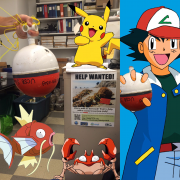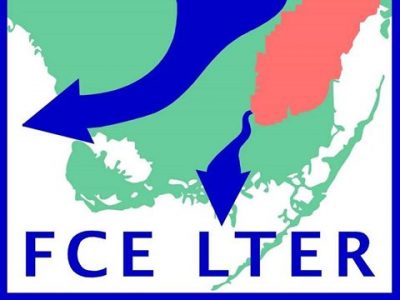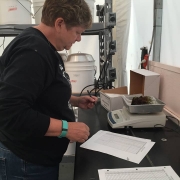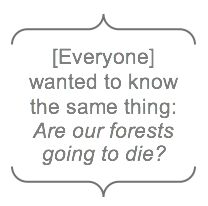Adventure is Out There: Pokémon and Wildlife Await

You’ve probably heard about Pokémon Go, the recent craze that has captured America and the world. After stealing the hearts of children over a decade ago, Pokémon are back — this time in our smartphones. People of all ages are tracking rare Pokémon, trying to “catch ’em all”. But what about interaction with the world that exists outside of our phones?
At Cedar Creek Ecosystem Science Reserve (CDR), in East Bethel MN, community members have graduated beyond virtual quarry. There, they track living animals across the reserve. CDR’s new wildlife tracking citizen science program, the Cedar Creek Wildlife Survey, taps the same vein of enthusiasm as chasing Pokemon. It and other similar programs are making use of people’s passion for tracking and adventure and applying it to local data collection and exploration.
















